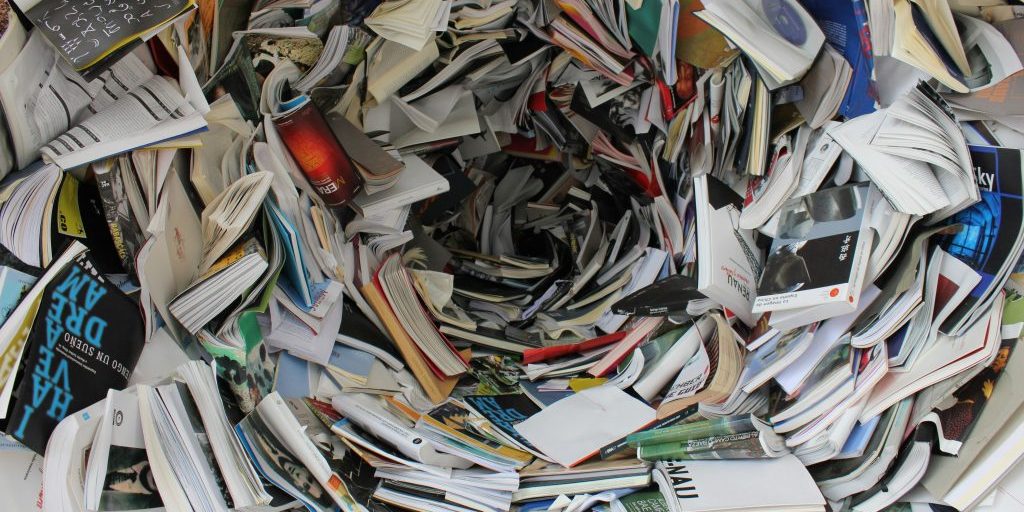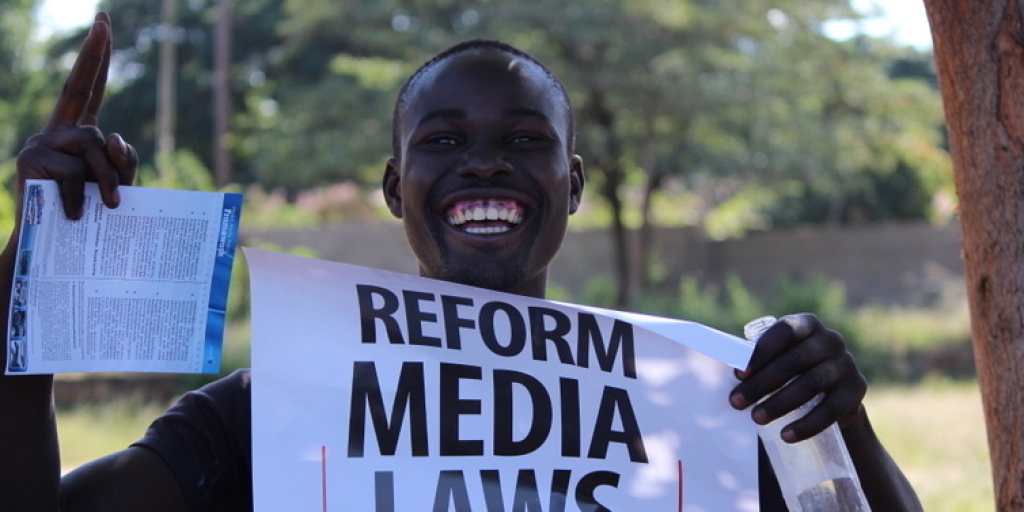SpinozAI: a new tool for newsrooms augmenting journalism with innovation, ethics
PICTURE: Pixabay/Pexels
The Artificial Intelligence Action Summit in Paris marked the launch of findings into how AI truly can enhance journalism – if journalists are involved in the process and technological advancements are shared across newsrooms.
Reporters Without Borders (RSF) and its partner, l’Alliance de la Presse d’Information Générale (a news media compact known as l’Alliance), released a report into Project Spinoza, their joint experiment to create an AI tool designed in collaboration with news publishers and journalists.
It’s the first of its kind – and more than 120 media people were involved.
RSF presented the ‘Charter on Artificial Intelligence and Journalism’, developed with 16 partner organisations, at the Paris Peace Forum in November 2023. ‘SpinozAI: augmenting journalism with innovation and ethics’ follows that major effort at working together.
The report was released in French on 10 February, the first day of the summit in the French capital.
The experiment was born from a desire among journalists and publishers to familiarise themselves with generative AI. The project aimed to enrich journalism by creating an AI tool with reliable databases, and the current version includes scientific reports, legislative texts, and over 28 000 articles published by the French press since 2022.
This first experiment, which focused on helping journalists research climate change, proves that AI tools that respect journalistic ethics are not only possible but essential
‘RSF is committed to forging an ethical and responsible path, where innovation does not marginalise journalism,’ said RSF Director General Thibaut Bruttin. ‘The Spinoza project achieves this by reaffirming the central role of newsrooms in selecting, prioritising, and producing high-quality content, and highlighting the undeniable added value of journalistic content within AI systems.’
‘Journalists and publishers have the power to reinvent journalism, provided they reclaim technological sovereignty.
‘We commend the commitment of l’Alliance, its leadership and its members, who have shown great interest in this project.’
‘Our project opens a middle path between the outright rejection and blind adoption of AI, promoting responsible innovation that enhances journalism and information’
The Spinoza project sought to determine whether it was possible to develop AI tools that could respect the right to reliable information while enhancing journalistic work on complex and technical topics, such as climate change.
The development of the prototype – designed in collaboration with Ekimetrics – was overseen by a group of publishers and journalists; the product was then tested by volunteer journalists.
‘SpinozAI: augmenting journalism with innovation and ethics’ details the methodology used by the Spinoza project’s team to develop a prototype that improves journalism, adheres to ethical standards and respects publishers’ rights.
It includes a study on journalists’ perceptions of generative AI: a panel of 281 working in France responded to a survey designed with the agency Econovia to assess their relationship with AI.
The Spinoza report in 8 key insights:
- 45% of the French journalists surveyed by RSF already use generative AI in their professional work, and 93% plan to use it in the future.
- Journalists see AI tools as a way to save time on specific tasks, such as translating documents, generating interview transcripts, summarising information, rewording text, and producing article summaries.
- The Spinoza project, launched in November 2023, brought together more than 120 partner media outlets from 12 publishing companies, including Actu.fr, EBRA, L’Équipe, La Nouvelle République, La Provence, Le Télégramme, Libération, L’Union, Nice-Matin, PMSO, Sogemedia, and Sud Ouest.
- The project identified four key pillars for designing a trustworthy AI tool for journalists: assist rather than replace; produce content that serves the public interest; develop the tool based on concrete use cases, and contain the generative algorithm.
- Spinoza integrated six databases that include scientific data, legislative data, data from public institutions, data from the French Agency for Ecological Transition (Ademe), journalistic content and data from Agence France-Presse (AFP).
- By incorporating press articles into its database, Spinoza filled the gaps left by other sources such as scientific reports, which are often limited to specific regions or, conversely, describe phenomena on a very broad scale. The collaborative work carried out during the experiment demonstrated how valuable journalistic content is to AI-driven tools.
- The report’s publication is one of the first steps towards opening up the project. Spinoza’s code will be made open source to ensure its widespread adoption and collaborative use. This will allow journalists and developers to tailor and adapt the tool to their specific needs.
- RSF included 10 recommendations for media outlets to establish the ethical and technical framework necessary to ensure the accuracy, consistency and reliability of the information in AI-driven journalism systems.
Journalists’ testimonials about Spinoza:
- ‘What’s great about [it] is that it’s editorially driven and doesn’t do the work for us – it helps us do journalism’
- ‘Spinoza is a game changer. It helps us improve content’
- ‘The fact that Spinoza’s databases are built by journalists makes us more inclined to trust the tool’
- ‘Spinoza isn’t a poor replacement for journalists – it’s a great assistant for journalists’
Read the full report here
- RSF is an independent NGO, recognised as actively working towards the public interest since 1995, which promotes press freedom worldwide and defends the right of citizens to access independent, pluralistic and reliable information. It has consultative status with the United Nations, UNESCO, the Council of Europe and the Organisation internationale de la francophonie (OIF).
- The Alliance is the professional organization representing the general news press in France.
- This article was first published here




